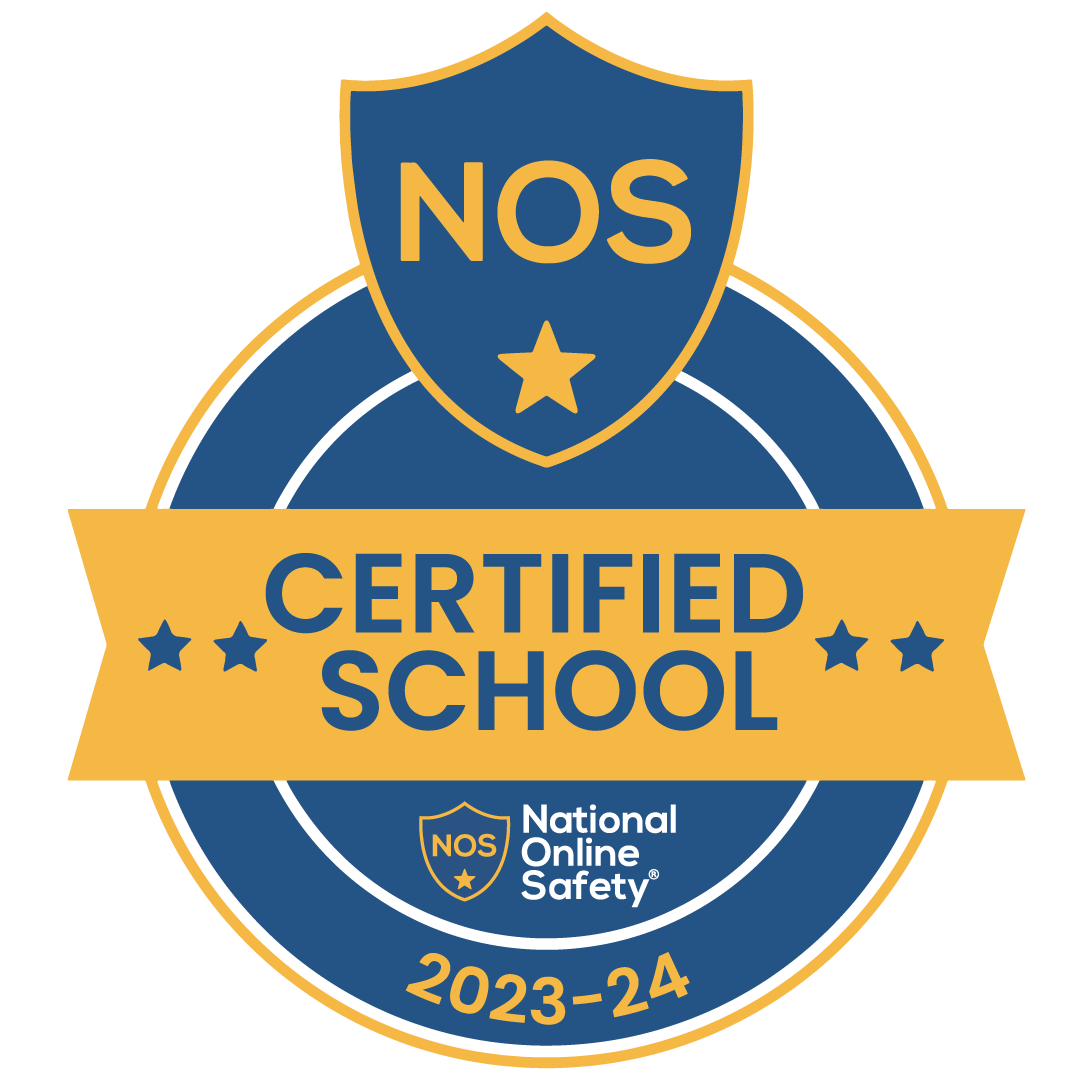Religion, Philosophy & Ethics
Department Staffing & Roles
- Mrs O Wyss (SLT link for Philosophy & Ethics)
- Miss E O’Farrell (Teacher of Philosophy & Ethics)
- MR J Bragger (Teacher of Religious Education)
Welcome to the Religion, Philosophy & Ethics Department
The intent of the Philosophy & Ethics department mirrors the intent of our entire school curriculum. In our subject, pupils experience a very broad and deep, knowledge rich learning environment encompassing different belief systems and how they impact on our lives today. We believe that knowing about other people’s belief systems is intrinsic to functioning in today’s society; our pupils will not only gain knowledge and understanding but become ambassadors of tolerance and acceptance.
The Philosophy and Ethics (KS3) and Religious Education (KS4) curriculum is designed to help build awareness, understanding, and appreciation of different, beliefs, faiths, practices, and religions. It aims to increase understanding of the diverse communities surrounding us, in the modern world in which we live, and to create a safe environment based on mutual respect and tolerance. By doing this, we enhance our communication skills and, therefore, foster necessary life skills.
A copy of the school’s withdrawal policy is available on request.
Standing Advisory Council on Religious Education Sacre
https://www3.halton.gov.uk/Pages/EducationandFamilies/Schools/SACRE.aspx
At KS3 pupils begin the course with an in-depth look at 6 of the major world religions; Judaism, Christianity, Islam, Hindu Dharma, Buddhism and Sikhi. We look at what followers believe and do and what it looks like to be part of these religions today. We also examine the religions critically. Each year group will then study ethical issues bespoke to their age group. For instance, year 8 study animal rights and Year 9 study Medical Ethics.
GCSE Religious Studies is made up of two components:
- A study of religions
- A study of themes
How is it assessed?
- 2 Written Exams: 1 hour 45 minutes each
- 96 marks per paper, plus marks for spelling, punctuation and grammar (SPaG)
You will be challenged with questions about belief, values, meaning, purpose and truth, enabling you to develop their own attitudes towards religious issues.
You will also gain an appreciation of how religion, philosophy and ethics form the basis of our culture whilst developing analytical and critical thinking skills, the ability to work with abstract ideas, leadership and research skills.
The religions studied are Christianity and Islam, and the themes we study are: Theme A – Relationships & Families; Theme B – Life & Death; Theme D – Peace & Conflict; Theme E; Crime and Punishment
Our intent is to enable our students to be ambassadors of tolerance and respect; as a result of our intent, the careers and post -16 opportunities are limitless. We believe that careers education empowers our students; we do this by:
- Organising visits to charities and places of worship to allow learning about the behind the scenes processes, such as the financing and structure of charities and numerous employment opportunities they afford
- Including career links in all lessons (researcher, lawyer, lecturer, teacher, archivist, archaeologist, minister of religion, social work)
- Arranging visits from professionals to discuss career pathways
- Working closely with other departments to support cross curricular opportunities for international travel
- Offering careers advice for pupils during the options process to guide/support in decision making
KS3
“We love to see our students engaging with our curriculum outside of the classroom; as part of our enrichment programme, there is a philosophy club run by Miss O’Farrell which looks at ancient Greek philosophy in more depth”
KS4 Intervention
For those students who opted for GCSE Religious Studies, Year 10 have intervention with Miss O’Farrell. Moving into Year 11, they will follow a whole school timetable of support. However, we realise that pupils may want to enrich themselves further and Saturday Academy is also available in timetabled sessions.
The following resources are useful for additional learning and consolidation outside of the classroom:
KS3
- KS3 Religious Studies – BBC Bitesize An informative resource that focuses on the big 6 religions of Great Britian and non-religious beliefs.
- KS3 RE – 20 Enjoyable Quizzes for Years 7, 8 and 9 (educationquizzes.com) A series of quizzes to test prior knowledge on different aspects of faith.
- Morals, ethics and philosophy – KS3 Religious Studies – BBC Bitesize A resource to support ethical and philosophical dilemmas and questions.
KS4
- Religious Studies – BBC Bitesize This site provides revision of world religions, traditions and views.
- Religious Education lessons for Key Stage 4 students – Oak National Academy (thenational.academy) A series of lessons focusing on beliefs, human rights, relationships and families as well as exam technique.
- AQA | GCSE | Religious Studies A | Assessment resources Our exam board AQA have past papers and resources available on their website.
At OCA, we believe that opportunities outside of the classroom are just as important as those that we find in lessons. Studying Religion, Philosophy & Ethics lends itself perfectly to developing ourselves as tolerant and respectful citizens. This is cemented outside of our lessons by:
- Trips to places of worship and charitable organisations
- Our assembly programme that encompasses multi-faith celebrations
- Our Thought for the Day, our daily act of collective worship
- Our Morning Enrichment Religious Education programme based on the multi-faith calendar


